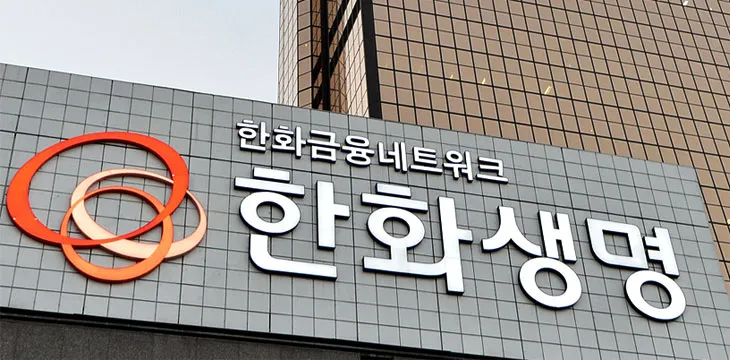|
Getting your Trinity Audio player ready...
|
South Korean insurance firm Hanwha Insurance announced it will begin offering insurance for cryptocurrency exchanges that covers losses from hacks, Asia Times reported.
The insurer said that the hacker insurance would not be compulsory, but this would be considered depending on how demand for it is gauged, based on discussions held with individual exchanges next month.
In late August, the Korean Blockchain Association began talks with Hanwha for development of insurance for the sector. The insurance offered to exchanges currently is limited to paying a certain amount for password thefts, and does not cover the amount taken from user accounts or damage caused by the hack.
Hanwha gave no specifics on the premiums to be paid, nor the compensation that will be provided in case of hacks, only saying that the risk for such transactions will be determined and used as basis.
Cryptocurrency exchanges, particularly in South Korea, have been the recent targets of hackers. Last June, the exchange Coinrail was hacked, losing $40 million worth of cryptocurrencies, leading to a month-long shutdown. Also in June, an equivalent of $30 million was stolen from Bithumb, of which about $14 million was recovered. The exchange has continued its operations, and just last week resumed registration for new users.
One industry official interviewed by Asia Times said, as roughly translated to English, “Cyberinsurance can be a means of protecting investors from hacking, but there is a view that if insurance premiums or guarantees are not appropriate, it is not necessary to sign up for insurance.”
This early, we can’t expect Hanwha to expand its operations beyond South Korea, yet the problem of hacked exchanges is not limited to the country. Aside from the $480-million Mt Gox hack of 2014, there was the theft from Japanese exchange CoinCheck worth over $500 million. As secure as the underlying blockchain technology of cryptocurrencies may be, the vulnerability of exchanges has been used as reason for increased regulations by governments.

 08-02-2025
08-02-2025 





